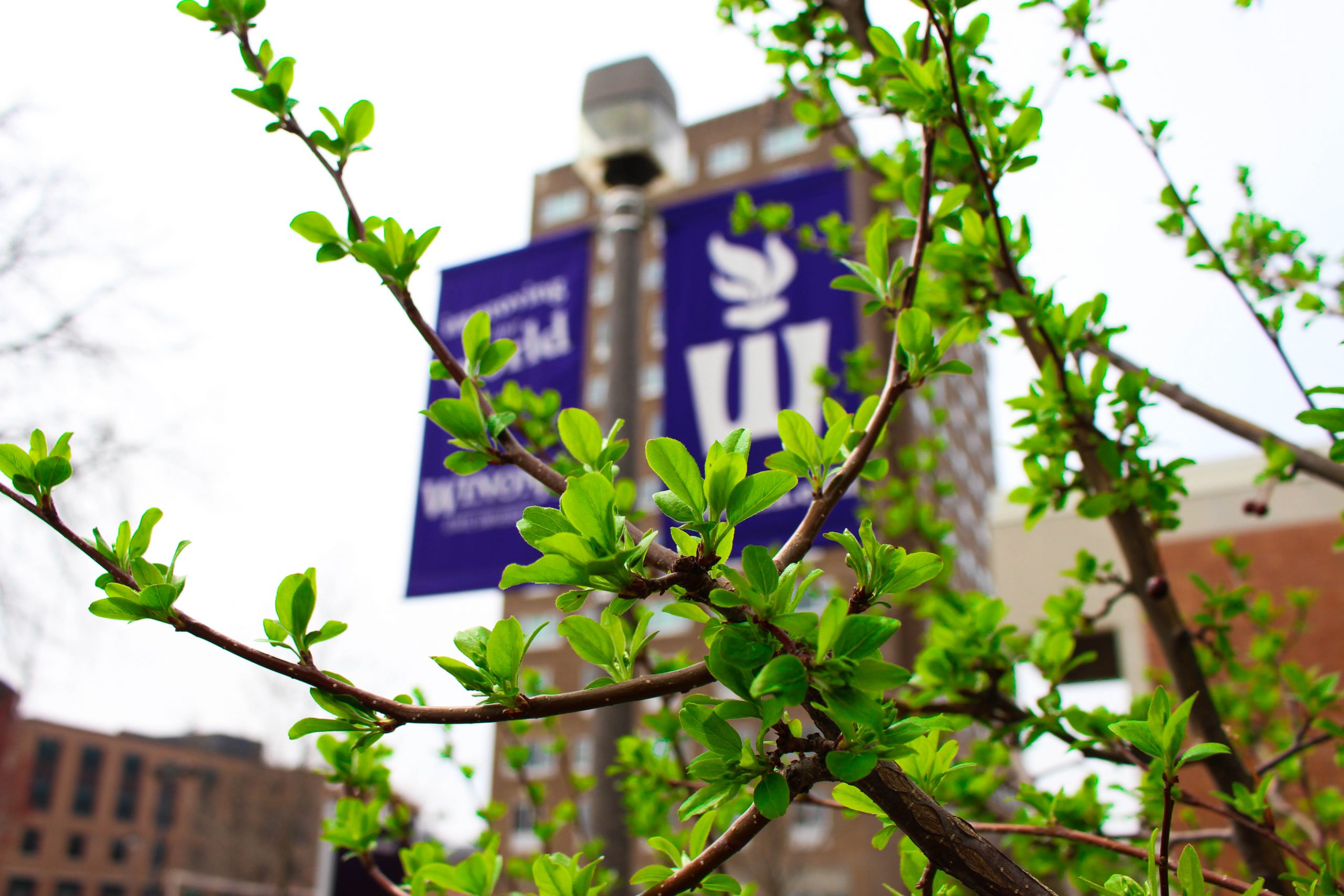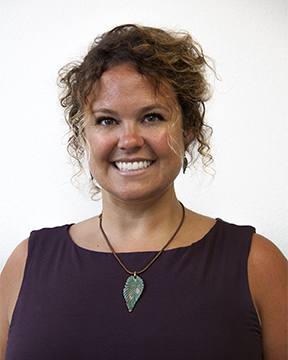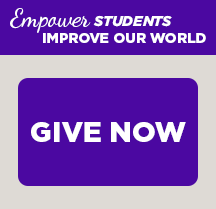By Judi Becker ’84, ’06, ’18
Winona State has been leaning in to practicing Mental Health First Aid across campus, with Director of Integrated Wellness, Kate Noelke, and HERS Assistant Professor Connie Mettille taking the lead in training faculty, staff and students. Just as on campus momentum started ramping up, COVID-19 caused a substantial shift, landing Noelke and her team on the front lines of helping WSU students cope, via remote practices.
Noelke wants WSU students to be assured, “We’re still working behind-the-scenes for our students. We’re encouraging them to follow the IWC Facebook page as ALL of the WSU Counseling team, the Strength & Fitness Team and I am keeping it up-to-date with news related to the IWC facility, programs and services as well as health promotion and mental/emotional well-being.”
In addition, WSU Counselors have been doing individual phone-call based outreach to all of their students and in-alignment with the rest of the MN State System. Confidential, Zoom-based web conferencing appointments began one week after classes resumed online on March 30th.
Noelke also began reaching out to individual students who emailed her directly or were referred by their professors for check-ins. “Our incredible students are far-and-wide doing quite well, hunkered down in safe places with people they love. If they are not, we’re trying innovative ways of reaching out to them to help connect them with us, as well as services and support in their current communities.”
While entrenched on the front lines of the current pandemic crisis, remote Mental Health First Aid training remains in place. Realization of the need for training first arose back in 2016 when nationwide campus data showed a significant increase (almost double) of college students seeking out mental health services and a simultaneous gap in the number of counseling personnel available to meet the needs. In fact, current data equates to seven counselors for each 6000 students across the country.
Curriculum being used in classes and training sessions (now remotely) is adapted from the U.S. Air Force. Mental Health First Aid focuses, Noelke says, on “noticing what might indicate that someone might be experiencing either elevated emotions or response to trauma or a diagnosed or diagnosable mental illness, and then finding ways to help them.”
The Mental Health First Aid program equips people, Noelke says, with toolkit of strategies, “Here are 25 ways to communicate love, to lean into compassion, to find another person if you are not that person’s person, to create that triangulation relationship with a person to care. We are talking about simple ideas. Natural human response.”
She adds, “It doesn’t have to be treated like a crime, with a big scary emergency crew. It can be an online conversation, ‘Hey, I have noticed you might be struggling. Can you tell me a little bit about what’s happening? Can I help you in this time of feeling strong emotions? I am a mental health first aider.’” And listen.
She clarifies, “That does not mean ‘You can do this! Everything will be okay!’ It means encouraging professional help, self-care, and support strategies, ‘Man, I can tell you are working really hard to feel better right now, and I believe that you have the power to keep doing that again tomorrow, to keep pushing through. Let’s figure out one thing we can help you identify that will help you feel better today.’”
Suicide prevention is also a core anchor point of Mental Health First Aid training. While fully aware that you cannot be responsible for the outcome for every single person, Noelke encourages that you sure can try. She has personally experienced loss of family and friends by suicide even after asking “the questions” with “an okay outcome.” She knows it can feel scary to intervene, but she notes “The science and research tell us that within the cumulation of people’s reported experiences, even one intervention question was enough to stop their trajectory of a suicide attempt.” That, she says, is more powerful than any discomfort of deciding to engage in the conversation and ask the questions.
One benefit of implementing Mental Health First Aid at WSU, Noelke advises, is a campus-wide normalization to have conversations about mental health without judgement, negative response, or stigma. People will have accessible skills to describe what they need in order to be successful, and first responders who have become empowered will say something.
The holistic campus impact of Mental Health First Aid, she explains, is “a larger perspective, a broader understanding of a multitude of ways in which people both practice and express their wellness, their thriving, instead of just thin bodies, instead of just A’s on your report card, instead of just people exercising and eating healthy fruits and vegetables (which of course works).”
Especially during the time of nationwide and statewide shutdowns, Noelke believes there is “…so much potential if we allow everyone the opportunity to be an expert of their own experience. What it looks like for you might be different that it does for me. And that is okay.” She reiterates “We must lean into each other’s strengths to increase resilience and to change the conversation from the past 100 years about identity and wellness. This is not a ‘they’ and ‘them’ issue. This is now an ‘us’ issue, a critical mass of people who are okay not [always] being okay.”
To our resilient WSU students in a time of crisis, Noelke shares words of encouragement, “We’re still here. We still care,” adding, “If you’re a student who needs a check-in, or a faculty or staff member at WSU who has a concern for one of your students, please email me at knoelke@winona.edu or through wellness@winona.edu and we’ll do our best to reach out and make a meaningful connection.”
Noelke is proud of Winona State Warriors, all the students, faculty, and staff. Of the current outreach efforts, she says although delivery of wellness practices is now remote, “It almost feels like we’re somehow even more available to our students now through these intentional connections and outreaches.”



